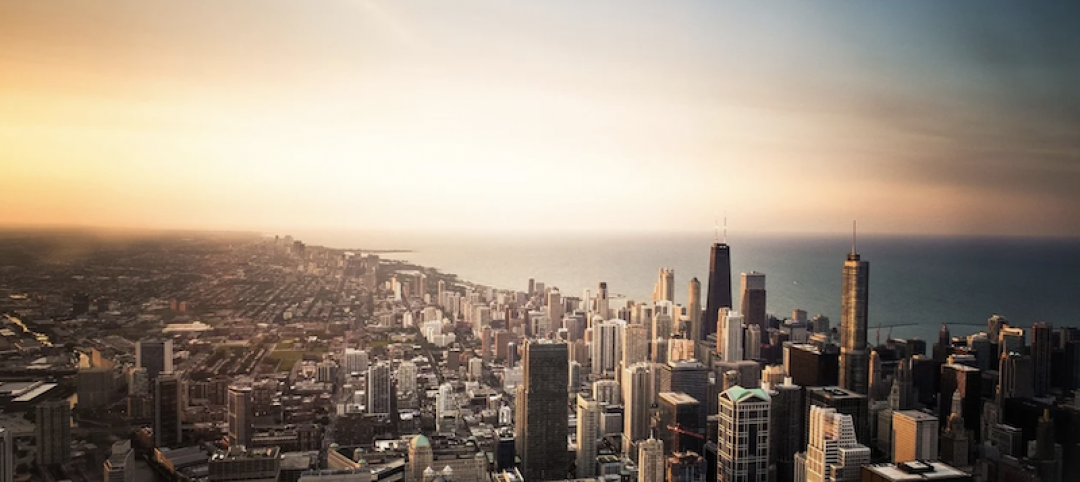The Eugene, Ore., City Council recently passed an ordinance aimed at steeply reducing energy consumption and greenhouse gas emissions. The city of 158,000wants to reduce community-wide greenhouse gas emissions 10% below 1990 levels by 2020, and reduce fossil fuel use by 50% by 2030.
Eugene is developing an energy inventory for its entire economy. After that is completed, it will consider voluntary energy-saving measures in the private sector, such as easier permitting for energy-efficient construction and energy performance scores for commercial buildings. The city will also consider other measures like commercial food-waste composting in restaurants and grocery stores to reduce methane emissions from landfills.
Eugene has made significant progress in reducing emissions recently from transportation without any concerted plan. Transportation emissions have dropped 2.5% per year since 2010, despite some population growth. This is largely due to economic and cultural shifts: the recession, the rise of telecommuting, online shopping and entertainment, transit, biking, more efficient cars, and higher gasoline prices. The city has encouraged these trends by improving bus service and developing a master plan for sidewalk and bike path improvements.
City government has rejected hard caps on emissions to date, focusing instead on voluntary measures and incentives for the private sector.
(http://grist.org/climate-energy/what-can-small-cities-do-to-fight-climate-change/)
Related Stories
Codes and Standards | Dec 9, 2020
Newly formed Rainscreen Association aims to be recognized authority on rainscreen assemblies
Will address innovations in material performance and building designs.
Codes and Standards | Dec 9, 2020
Investors want building resiliency plans and risk mitigation practices
Owners should assess risk, insurance coverage, and ability to withstand disasters.
Codes and Standards | Dec 4, 2020
OSHA cites more than 200 employers for COVID-19 violations
Agency releases guidance on lessons learned from pandemic inspections.
Codes and Standards | Dec 1, 2020
Pandemic spurs nearly 16 million people to move from major cities
Most of the movement seems permanent.
Codes and Standards | Nov 30, 2020
USGBC ready to catalyze LEED Positive future
New programs, updates will spur shift to regenerative strategies.
Codes and Standards | Nov 30, 2020
Updated spec for self-adhering flashing surrounding exterior fenestration products released
FGIA document was last updated in 2013.
Codes and Standards | Nov 30, 2020
Finalized 2021 Energy Code leaves out future-proofing provision
Appeals process nixed requirement for residential electrification readiness.
Codes and Standards | Nov 23, 2020
GBCI turns over GRESB ownership to global investment firm
Organization assesses sustainability performance of real estate and infrastructure portfolios and assets.
Codes and Standards | Nov 23, 2020
New industrywide clay brick EPD launched
Contributes toward LEED v.4.0 and v.4.1 materials and resources requirements.
Codes and Standards | Nov 19, 2020
The ‘15-minute city’ could transform municipal planning
Concept aims for car-free living.
















